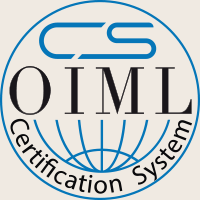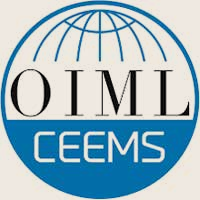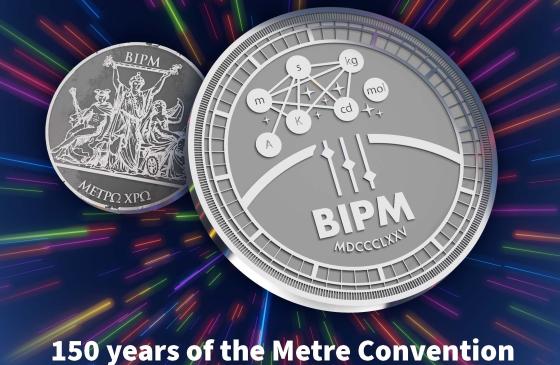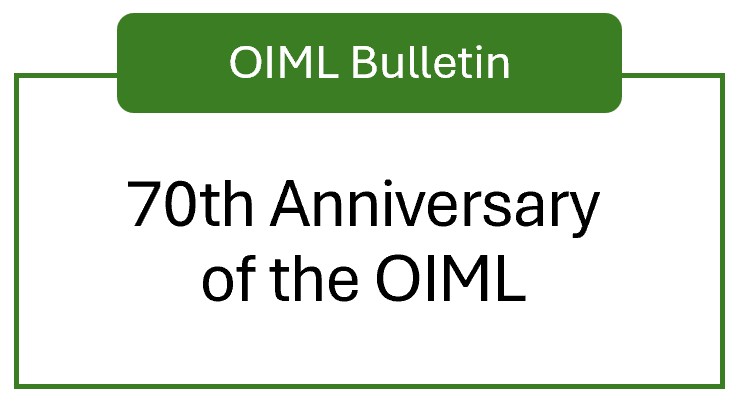Welcome to the OIML website

The OIML is an “international standard-setting body” in the sense of the World Trade Organization's Technical Barriers to Trade Agreement. OIML publications should therefore be applied, when appropriate, by all signatories of the TBT Agreement when developing technical regulations, in application of Article 2.4 of that Agreement.
What is legal metrology?

Legal metrology is the application of legal requirements to measurements and measuring instruments. Very often, small errors in either direction average out over a large number of measurements. But biased errors can create considerable financial prejudice and can have serious economic consequences for the end consumer.
This is why legislation on measurements and measuring instruments is required and virtually all countries provide such protection by including metrology in their legislation – hence the term “legal metrology”...

Legal metrology
and the Environment
We use measurements to obtain data which can then be used to help make the correct decisions to properly care for our environment

Legal metrology
and Trade
The trade of goods and services around the world is vital for economic growth, for the wellbeing of the population, and to maintain worldwide financial stability

Legal metrology
and Health
Population growth, longer life expectancy, increasing international travel and trade, and innovations in modern medicine are placing an ever growing demand on healthcare systems

Legal metrology
and Safety
Safety is often taken for granted, whether at home, at work or when traveling
What is the OIML Certification System?

The OIML-CS is a voluntary system for issuing, registering and using OIML Certificates and their associated OIML type evaluation/test reports for types of measuring instruments based on the requirements of OIML Recommendations.
The aim of the OIML-CS is to facilitate, accelerate and harmonize the work of national and regional bodies that are responsible for type evaluation and approval of measuring instruments subject to legal metrological control.










